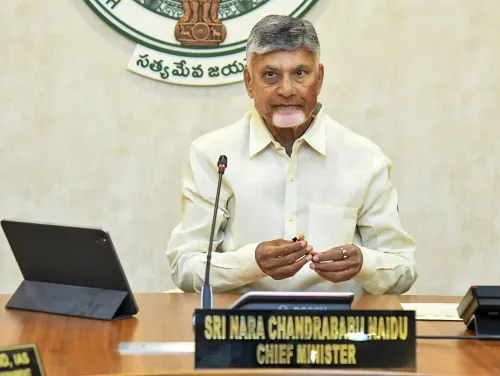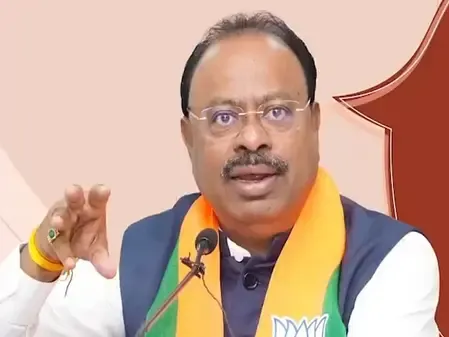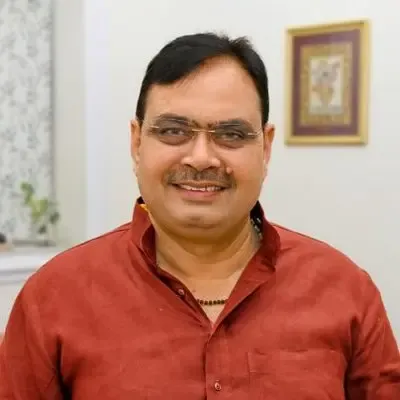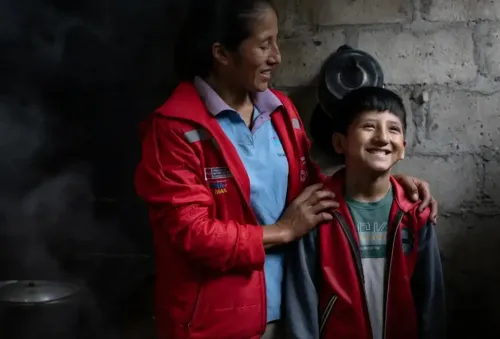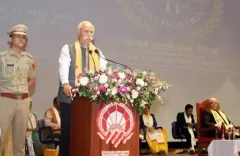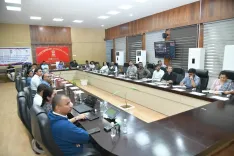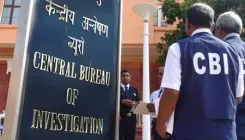Is Community Participation the Key to Early Disease Detection and Surveillance?
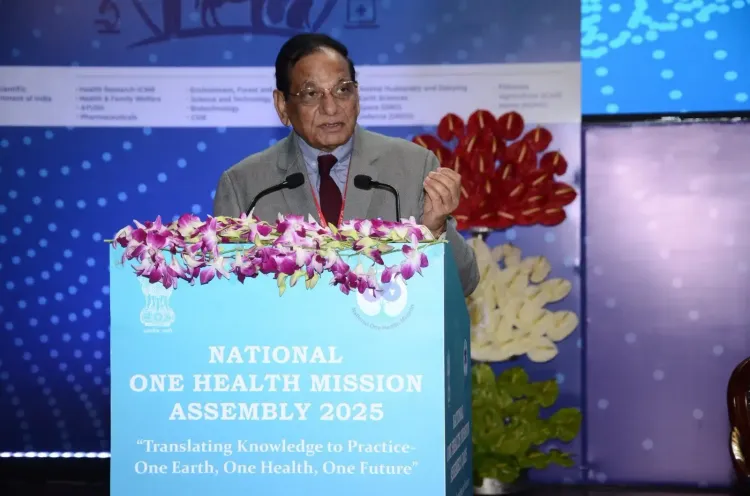
Synopsis
Key Takeaways
- Community participation is essential for early disease detection.
- A whole-of-society approach is crucial for mission success.
- Media plays a key role in combating misinformation.
- Frontline workers are the first line of defense in health emergencies.
- Collaborative efforts enhance public health responses.
New Delhi, Nov 21 (NationPress) Community involvement is critical for early disease detection, effective surveillance, and ensuring readiness for pandemics, emphasized Dr. VK Paul, Member (Health), NITI Aayog, on Friday.
During the two-day National One Health Mission Assembly 2025 at Bharat Mandapam, Paul referred to the One Health mission as a Jan Andolan and stressed the importance of community participation. He highlighted that a comprehensive societal approach combined with grassroots preparedness is essential for the mission's success.
“India’s advancement in One Health depends on a robust whole-of-government strategy that promotes a healthier and more resilient future. Community participation is at the heart of this endeavor. The media plays a pivotal role in fostering public understanding and countering misinformation, while our law enforcement agencies act as essential force multipliers during crises. By strengthening these collaborations, we can guarantee timely, reliable, and coordinated responses when it is most critical,” stated Paul.
“Community engagement lays the groundwork for early disease detection, surveillance, and quick response, illustrating that community-driven mobilization was one of India's most significant assets during the Covid-19 pandemic,” he added.
He underscored the necessity of extending One Health preparedness to the grassroots level, where frontline workers, local governance, and communities create the primary defense.
Dr. Rajiv Bahl, Secretary of the Department of Health Research and Director General of ICMR, called for rapid development of diagnostics, therapeutics, and vaccines for potential future outbreaks.
“We need science, technology, and development to collaborate smoothly. By uniting experts from various fields, the National One Health Mission platform is shaping a more agile, prepared, and responsive structure for tackling current and future public health threats,” he remarked.
The discussions concluded with a collective acknowledgment that One Health is vital to realizing the national vision of Viksit Bharat. Through promoting scientific excellence, facilitating cross-sectoral collaboration, and enhancing preparedness across all system levels, India is on its way toward a safer and more resilient tomorrow.

